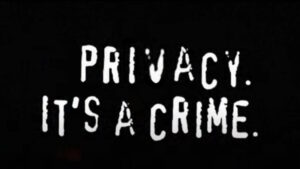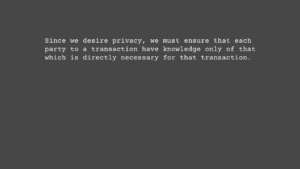A hastily arranged meeting within the European Union has reignited fears of a renewed push for sweeping surveillance measures under the guise of child protection, raising concerns about civil liberties and privacy rights.
The controversial “Chat Control” meeting, has alarmed digital rights advocates who see it as a veiled attempt to undermine the European Parliament’s clear stance against monitoring encrypted communications.
This mirrors the concerns outlined in another report, where the EU’s move to replace a voluntary Code of Practice on Disinformation with binding legislation sparked fears of overreach and censorship.
No formal negotiations are currently underway between the Parliament, Commission, and Council. Yet, Javier Zarzalejos, the rapporteur for the regulation and chair of the Parliament’s Civil Liberties Committee (LIBE), has decided to hold what’s being described as a “shadow meeting.”
This comes over a year after the Parliament reached a compromise to protect fundamental rights by shielding private, encrypted exchanges from warrantless surveillance—a principle that feels increasingly under threat, much like the freedoms eroded by the EU’s new censorship framework noted in an earlier report.
The meeting’s guest list, obtained by netzpolitik.org, reveals an imbalance. Attendees include government and law enforcement figures from Denmark’s Justice Ministry, which has of course proposed even stricter measures, alongside Europol, Meta, Microsoft, and pro-surveillance NGOs like ECPAT.
As reported by Reclaimthenet.org, Hany Farid, a US academic linked to the Counter Extremism Project—a group with ties to intelligence agencies—is also expected to attend.
Until late Monday, no civil liberties groups or organisations opposing warrantless monitoring were invited. It was only after journalists questioned the event’s makeup did an updated agenda include the digital rights group EDRi—a move many view as a token gesture, not dissimilar to the superficial consultations critiqued in the context of the EU’s censorship law. Indeed, the outcome may have already been decided.
Observers suspect this meeting is not about child protection and more about weakening the Parliament’s position before formal negotiations resume.
Notably, the very premise of supposed child-protection borders on comical in the wake of the US President’s insistence that a list of high-profile paedophiles does not exist.
If you found this article useful, consider sharing it.


